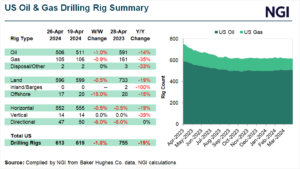Most voters in the Gulf Coast states of Alabama, Louisiana, Mississippi and Texas support “sensible” offshore exploration and production, according to a new poll.
A poll from the Consumer Energy Alliance (CEA) issued Monday said voters overwhelmingly approve offshore development, including 70% in Alabama, 72% in Louisiana, 73% in Mississippi and 62% in Texas. More than 900 people were surveyed in Texas, with a 95% confidence level and a margin of error of +/-3%. Around 600 people each were surveyed in the other states with a 95% confidence level and margin of error of +/-4%.
Polling found that nearly two-thirds of voters, including most independents and Democrats in the Gulf Coast states, “support calls for increased development of responsibly produced U.S. oil and natural...



